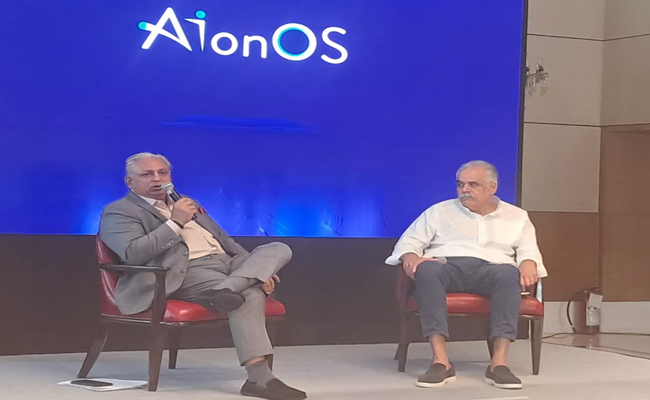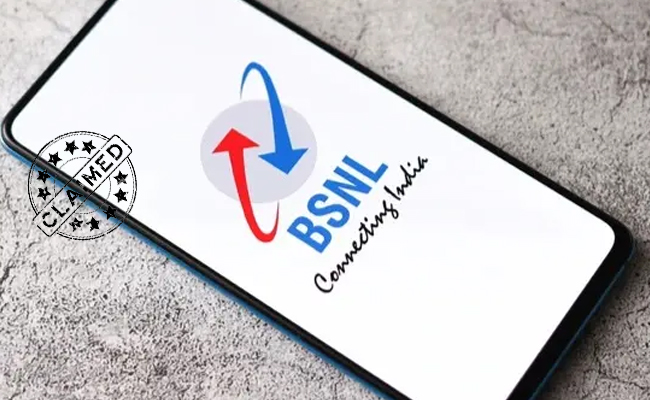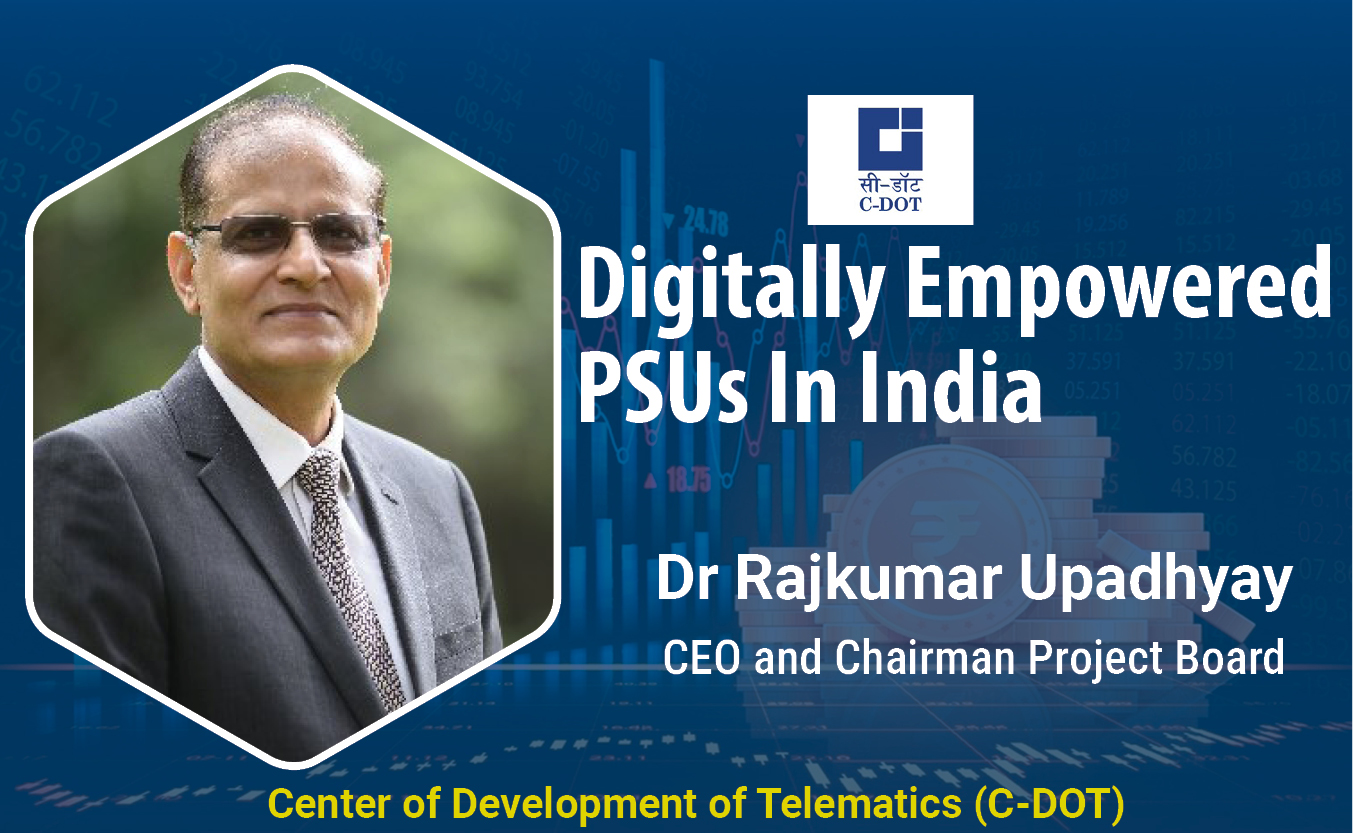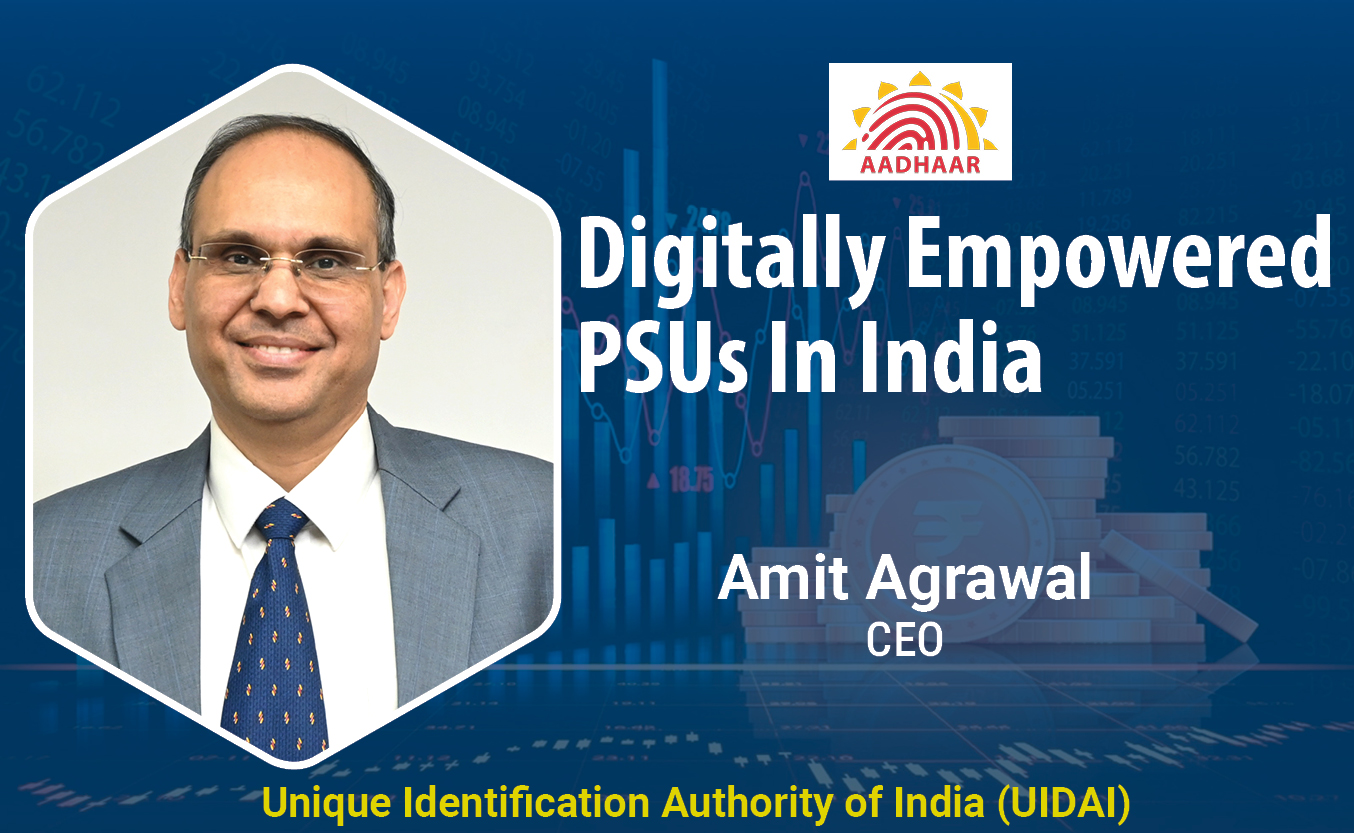email remains the most effective channel for cyber attacks
By MYBRANDBOOK

Email security remains the paramount importance in the way of communications we use every day and the cyberattacks are becoming ubiquitous and have been recognized as one of the most strategically significant risks facing the world today. There has been seamless digital assaults against governments and the owners of critical infrastructure, large private corporations and smaller ones too, cutting across the verticals are effected by the cyberattacks, the level of sophistication of the threats they face is continually increasing. There is need to underlining the importance of email security.
Attackers collectively they are extra smart and anyone set-up an anti-virus based network defense against malicious attachments they use techniques to get around them and when you parry with sandboxing of attachments they switch to using malicious URLs in their emails, with an aim is not to steal data, but rather to manipulate or change it. There is little doubt that artificial intelligence (AI) will be used by attackers to drive the next major upgrade in cyber weaponry and will ultimately pioneer the malicious use of AI. AI’s fundamental ability to learn and adapt will usher in a new era in which highly-customised and human-mimicking attacks are scalable. With the majority of cyber-attacks, including ransomware attacks, still being launched through email using a combination of social engineering, phishing, malicious links and weaponised email attachments.
Most importantly, the email remains the easiest and most effective channel of attack with the number of emails being sent on a daily basis expected to surpass 293 billion by the end of 2019. Despite this, email is the weakest link in most organisations’ security strategies, with many failing to address vulnerabilities in popular email platforms such as Office 365. Impostor email, including business email compromise (BEC) and other email spoofing threats, is costing organizations billions of dollars worldwide.
Impostor email is a growing problem and these attacks are socially engineered to target specific people within financial services organizations who can execute requests on the attacker’s behalf. To increase the believability of the scam, cybercriminals use various tactics to spoof trusted identities and even send email attacks during specific business hours. Hackers target the financial services organizations by targeting your employees, customers, and business partners with these advanced attacks.
With the reliance on email and associated threats likely to continue to grow, businesses need to address this threat with a combination of security awareness training and automated tools to reduce the likelihood of infection and speed up the detection of and response to email borne threats.


InterGlobe’s Rahul Bhatia and C.P. Gurnani together announce
In a move that is set to transform the AI landscape, Rahul Bhatia, Group M...

Download masked Aadhaar to improve privacy
Download a masked Aadhaar from UIDAI to improve privacy. Select masking w...

Sterlite Technologies' Rs 145 crore claim against BSNL rejecte
An arbitrator has rejected broadband technology company Sterlite Technolog...

ID-REDACT® ensures full compliance with the DPDP Act for Indi
Data Safeguard India Pvt Ltd, a wholly-owned subsidiary of Data Safeguard ...


Technology Icons Of India 2023: Natarajan Chandrasekaran
Natarajan Chandrasekaran is the Chairman of the Board of Tata Sons, th...

Technology Icons Of India 2023: Kulmeet Bawa
Kulmeet Bawa resides as President & Managing Director, SAP Indian subc...

Technology Icons Of India 2023: Dilip Asbe
Dilip Asbe is the MD & CEO of National Payments Corporation of India (...


C-DOT enabling India in indigenous design, development and production of telecom technologies
An autonomous telecom R&D centre of Government of India, Center of Dev...

Aadhaar: Architecting the World's Largest Biometric Identity System
The Unique Identification Authority of India (UIDAI) is a statutory au...

EESL encouraging e-mobility adoption across India
Energy Efficiency Services Limited (EESL) is a Super Energy Service Co...


SATCOM INFOTECH PVT. LTD.
Satcom Infotech Pvt. Ltd is a distribution houses in security in India...

BEETEL TELETECH LTD.
: Beetel is one of the oldest and most reputed brands in the Industry,...

B D SOFTWARE
BD Software is the distributor of IT security solutions in India. The ...